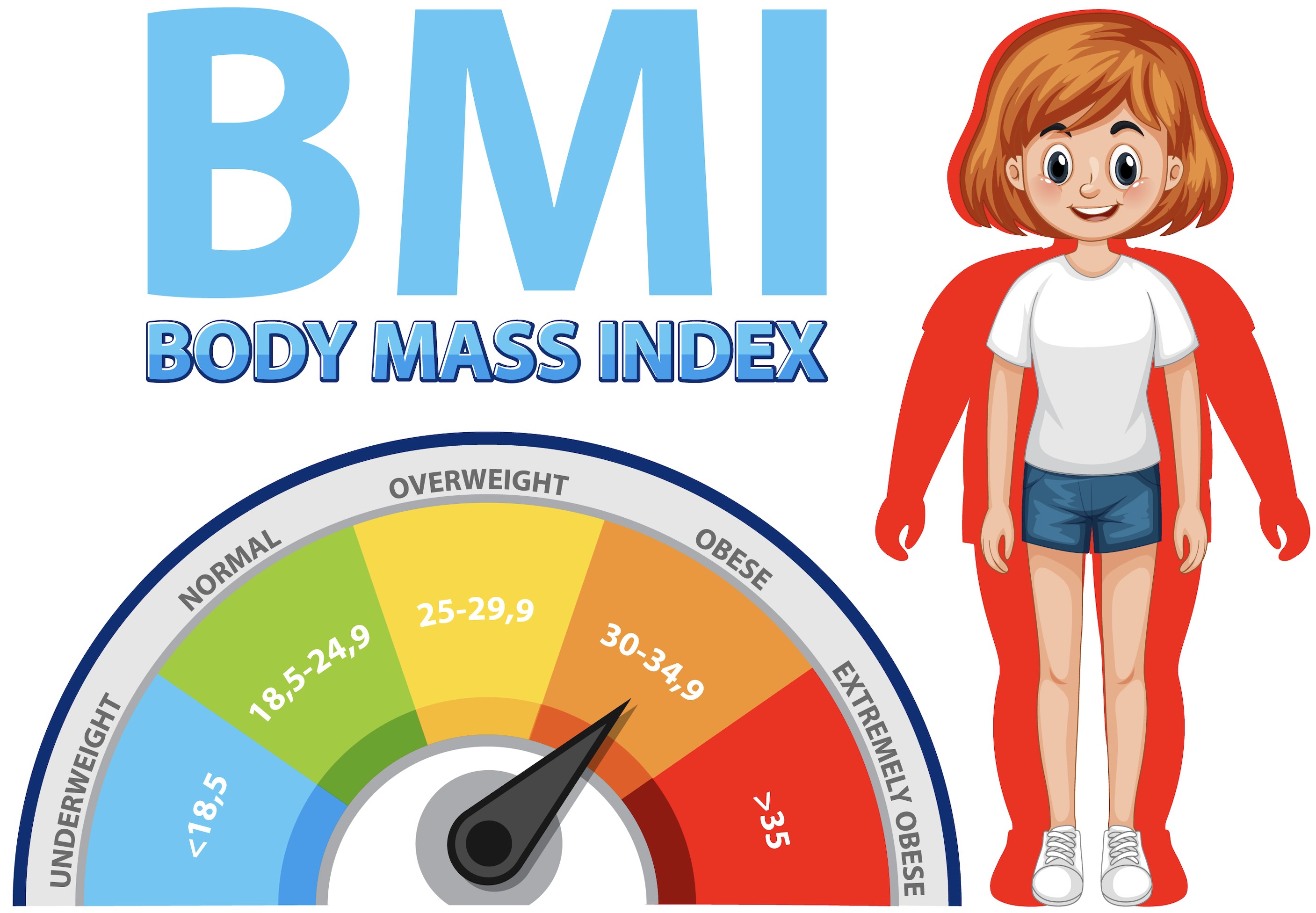Why It Is Important to Check BMI - Body Mass Index

Maintaining a healthy weight is crucial for overall well-being and longevity. One of the tools used to assess whether an individual's weight is within a healthy range is BMI, or Body Mass Index. While it's not a perfect measure of body fatness, BMI provides valuable insights into health risks associated with weight. Understanding why it's important to check BMI can help individuals make informed decisions about their health and lifestyle choices.
1. Assessment of Health Risks:
BMI is a simple calculation that uses a person's height and weight to estimate body fat. It serves as a screening tool to identify individuals who may be at risk for health problems associated with overweight and obesity, such as heart disease, type 2 diabetes, hypertension, and certain cancers. By knowing their BMI category—underweight, normal weight, overweight, or obese—individuals can better understand their risk factors and take preventive actions.
2. Early Intervention and Prevention:
Checking BMI regularly allows individuals to track changes in their weight status over time. Detecting even small increases in BMI early on can prompt lifestyle modifications that prevent further weight gain and associated health complications. This proactive approach can significantly reduce the risk of developing chronic diseases linked to obesity.
3. Personalized Health Goals:
BMI serves as a starting point for setting realistic health goals. For individuals looking to improve their health, knowing their current BMI helps them set achievable targets for weight loss or maintenance. It provides a benchmark against which progress can be measured, fostering motivation and accountability in adopting healthier habits.
4. Tailored Healthcare Advice:
Healthcare providers use BMI as part of their assessment to offer personalized advice on nutrition, physical activity, and overall health. Based on BMI results, individuals may receive recommendations for dietary changes, exercise programs, or other interventions aimed at achieving and maintaining a healthy weight. This guidance is essential for optimizing health outcomes and preventing obesity-related complications.
5. Awareness of Body Composition:
While BMI doesn’t differentiate between muscle mass and fat mass, it does raise awareness about overall body composition. Individuals with a high BMI may be motivated to assess their body fat percentage more accurately through methods such as body fat calipers or bioelectrical impedance analysis. This deeper understanding can inform more targeted strategies for improving body composition and overall health.
6. Population Health Monitoring:
On a broader scale, monitoring BMI trends within populations provides valuable epidemiological data. It helps public health officials identify trends in obesity rates and assess the effectiveness of health promotion efforts. By understanding population-level BMI distributions, policymakers can develop strategies to address obesity and its associated health burdens more effectively.
7. Health Equity and Access to Care:
Understanding BMI disparities across different demographic groups sheds light on health inequities related to weight and access to healthcare services. It underscores the importance of targeted interventions and policies that promote equitable access to healthy foods, safe spaces for physical activity, and culturally appropriate healthcare services.
Conclusion
Checking BMI is more than just a number—it's a vital step in promoting and maintaining good health. By assessing BMI regularly, individuals can identify health risks early, set achievable health goals, receive personalized healthcare advice, and contribute to population health monitoring efforts. Whether it's aiming for a healthier weight or preventing chronic diseases, understanding and monitoring BMI empowers individuals to take proactive steps towards a healthier and more fulfilling life. Remember, your BMI is just one part of the puzzle—pair it with healthy habits and regular physical activity for a comprehensive approach to well-being.